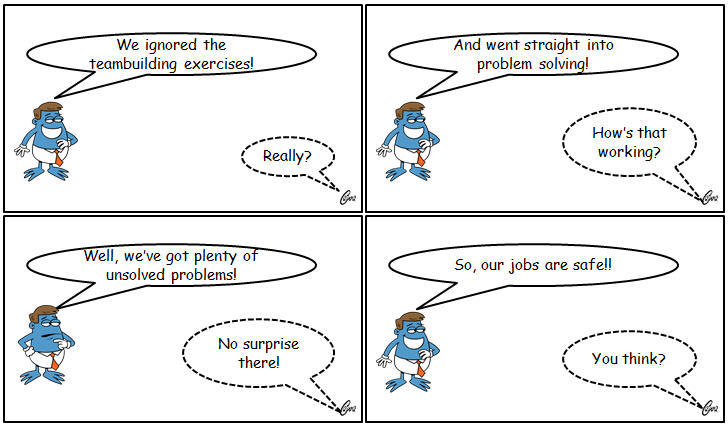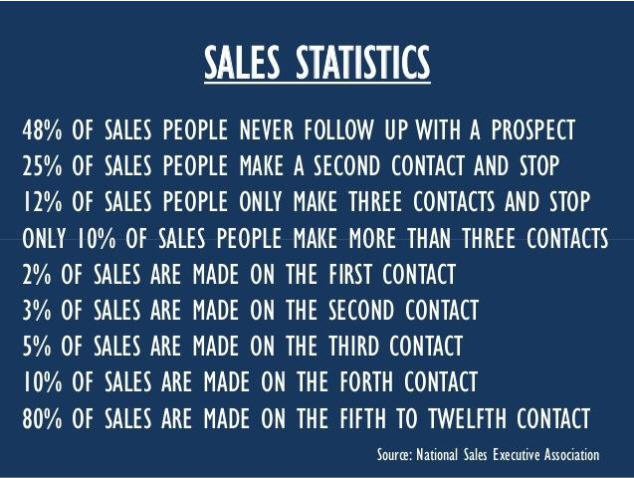
Persistence Matters
Over the years, we have used our evidence-based approach to both recruitment and management development to build many highly successful sales teams. However, when it comes to building successful sales teams, we have discovered that there is no panacea. Even for organizations that, on the surface appear to have similar sales challenges, what may work for one client may prove to be entirely wrong for another.
 This having been said, during the deployment of Talent Chaser, we have collected data regarding both employee behavioral traits and performance ratings.
This having been said, during the deployment of Talent Chaser, we have collected data regarding both employee behavioral traits and performance ratings.
Through the analysis of this data, one thing has become very clear – persistence matters. Time and time again we see that individuals who are persistent not only overcome difficult situations more readily but are much more able to turn such difficulties into opportunities.
Recently, the National Sales Executive Association analyzed the performance of salespeople working within a broad variety of its members. The sales statistics shown in the graphic above resulted from this analysis. What this reveals is just how important persistence is.
Assessing Persistence
And yet, persistence is virtually impossible to assess in an interview with a job applicant and personality tests fail to take into account the motivational basis of this most vital of traits. Ultimately, persistence depends on the individual’s need for success and our needs underpin our motivational priorities. What this tells us is that, to be effective, any screening technique must measure motivations. Not only this, but we have discovered that there are a number of motivational factors that have a part to play in the assessment of persistence. An evaluation has to be made of the way in which an individual prioritizes each of these. This is why the Performance Profile Questionnaire (PPQ) contains questions that, while they look at first sight to be similar to those used in personality tests, are in fact specially designed to measure each job applicant’s or employee’s motivational priorities.
Feedback Control
In a previous blog post, I introduced the concept of feedback control and showed how this impacts the effective management of any organization.
 It turns out that this concept of feedback control plays a role not only in terms of organizational dynamics but also in the effectiveness of every function within every organization including the sales function.
It turns out that this concept of feedback control plays a role not only in terms of organizational dynamics but also in the effectiveness of every function within every organization including the sales function.
As shown in the picture at right, in a well-run sales team, differences between required and actual sales levels must result in changes to both levels of effort and sales methodologies. It turns out that, for this to happen, each individual within the sales team has also to be willing (motivated) to change the way in which they approach the sales process until they find an approach that yields the desired result.
A moment’s thought reveals a dichotomy between persistence and change. Persistence is synonymous with keeping going until successful whereas change-orientation is all about experimenting for success.
Based on our analysis of the data collected through the many deployments of Talent Chaser, we have been able to establish that the recruitment of successful salespeople requires that only individuals with motivational priorities appropriate to the role are able to balance these two factors. In addition, it turns out that this balance is different depending on the type of sales involved and that, getting the balance right, required an evidence-based recruitment methodology in which the screening parameters are automatically adapted to meet the specific sales challenges.
You must be logged in to post a comment.